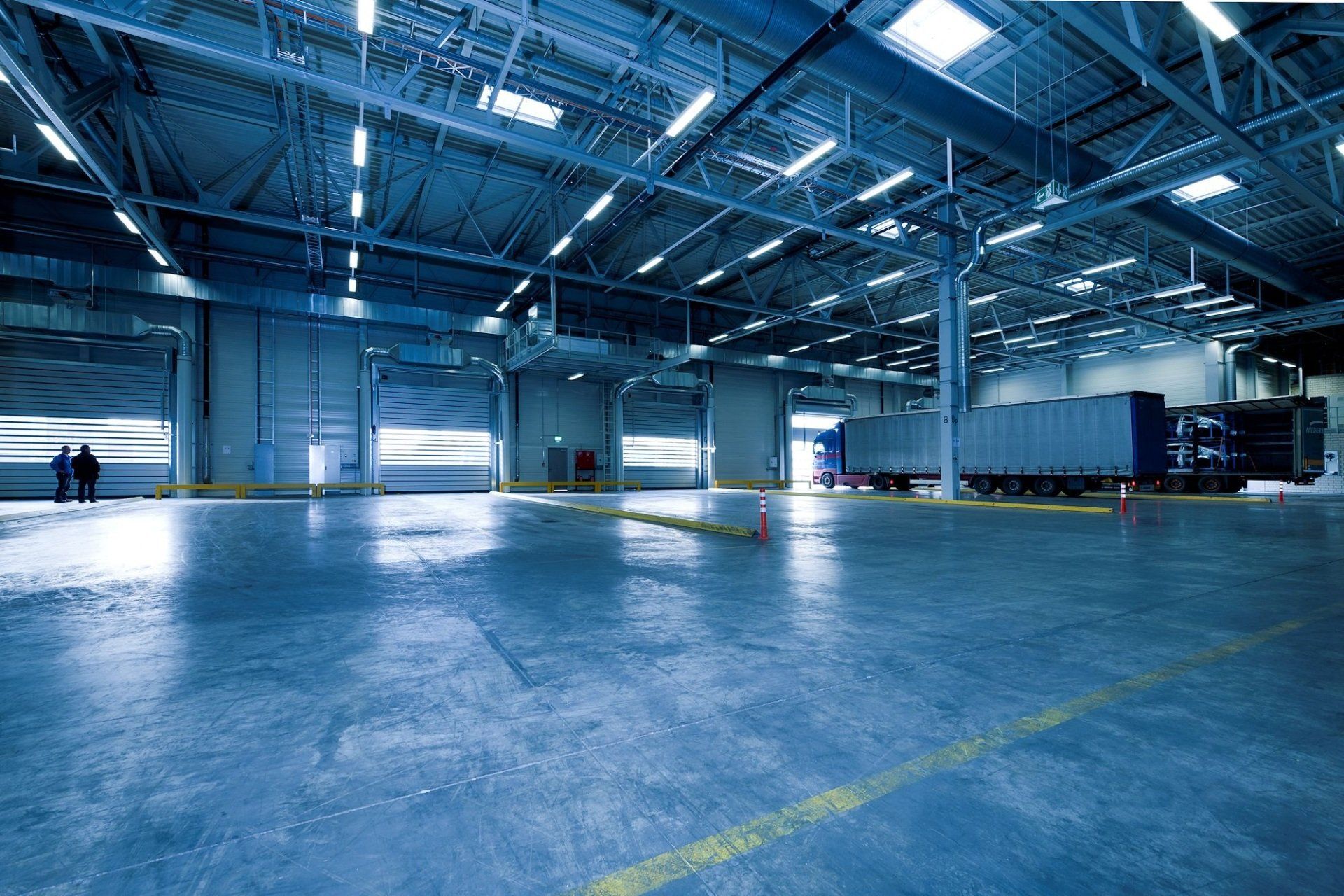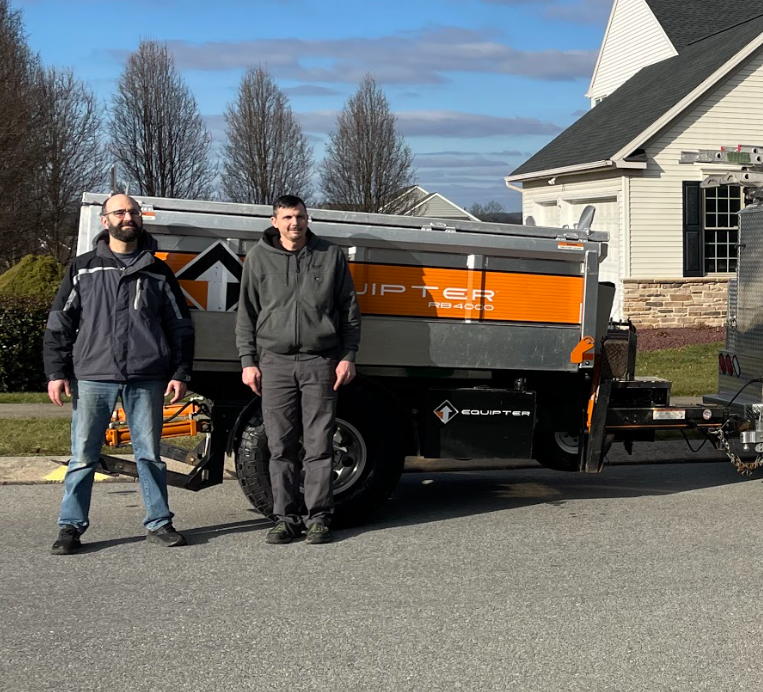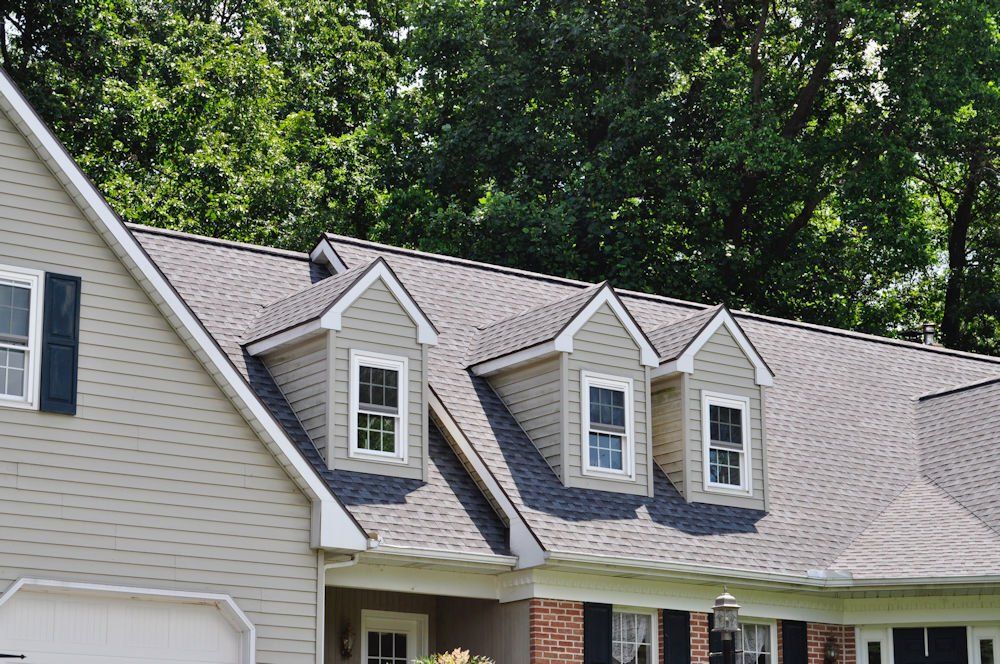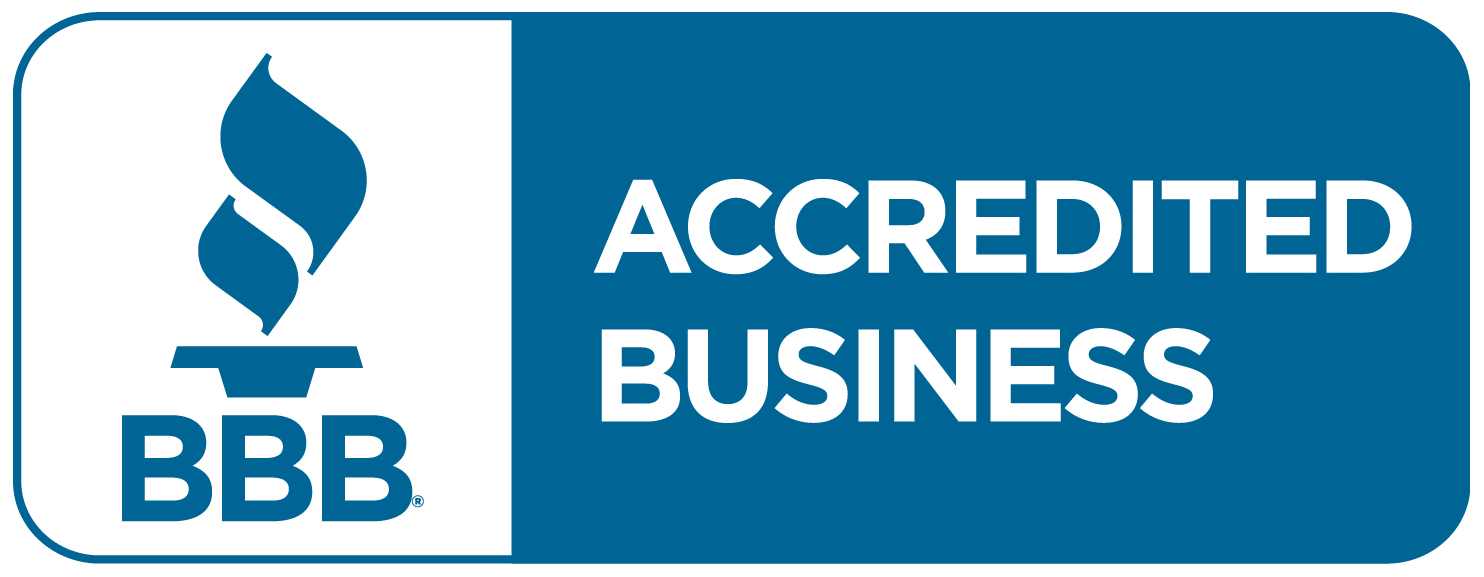How A Commercial Roof Inspection Can Save You Money
Many commercial property owners underestimate the value of consistent roof inspections, but these check-ups play a pivotal role in financial savings. In this article, we will review the ways a commercial roof inspection can lead to considerable cost benefits. Implementing a regular roof inspection program can further enhance these financial benefits by ensuring consistent monitoring and maintenance.
Introduction to Commercial Roofing
Commercial roofing encompasses the installation, repair, and maintenance of roofs on commercial buildings such as offices, warehouses, and retail stores. A commercial roofing contractor plays a crucial role in ensuring that the roof is properly installed and maintained to prevent leaks, water damage, and other issues that could compromise the building’s integrity.
Commercial roofing materials vary, with popular options including metal, asphalt, and single-ply membranes. Each material offers unique benefits and drawbacks. For instance, metal roofs are known for their durability and energy efficiency, while asphalt roofs provide a cost-effective and versatile solution. Single-ply membranes, such as EPDM and TPO, offer flexibility and waterproofing.
A well-designed and well-maintained commercial roof can significantly reduce energy costs, enhance customer satisfaction, and protect the building’s structure and contents. Regular roof inspections and timely repairs are essential to extending the life of a commercial roof and preventing costly emergency repairs. By partnering with a knowledgeable roofing contractor, businesses can ensure their roofs remain in optimal condition, safeguarding their investment and operations.
1. Early Detection of Problems
The roof is the frontline defense against environmental adversities. Over time, even the smallest of issues, like cracks, ponding water, or minor leaks, can evolve into significant problems. If ignored, you might find yourself facing extensive water damage, dangerous mold growth, or even structural decay. Regular inspections act as a proactive approach, catching these hiccups early on, and mitigating the need for expensive interventions later.
2. Extended Roof Life
Every commercial roof, be it made of metal, asphalt, or any other material, comes with a designated lifespan. However, like any asset, consistent check-ups and maintenance can stretch this lifespan, allowing you to derive the maximum utility. By addressing typical wear and tear promptly through roof repairs, you can optimize your roofing investment, deferring the hefty expense and disruption of a complete roof overhaul.
3. Energy Savings
Roofs play a crucial role in a building’s overall insulation. A well-maintained metal roof, known for its energy efficiency, can significantly reduce thermal losses. A compromised or aging roof often leads to substantial thermal losses. When this happens, HVAC systems are strained as they work overtime to maintain desired indoor temperatures. This results in escalated energy bills. An efficiently maintained roof, on the other hand, bolsters thermal efficiency, driving down energy expenses significantly.
4. Preservation of Building Interiors and Inventory
A leaking roof does more than just allow water inside. It risks damage to interior decor, can compromise electrical systems, and might even endanger stored inventory or machinery. Routine roof inspections can preempt these scenarios, ensuring that interiors remain pristine and operational assets stay protected by being promptly repaired.
5. Warranty Compliance
It’s essential to note that many roofing materials and systems come with warranties, often contingent on regular maintenance and inspections. Staying abreast of these requirements not only ensures your roof is covered in case of manufacturing defects but also guarantees you’re not spending out of pocket when the warranty could cover expenses. Understanding the details of your warranty can ensure you meet all necessary conditions and avoid out-of-pocket expenses.
6. Reduced Liability
In the commercial space, reputation and safety are paramount. A failing roof can be a liability disaster waiting to happen. Accumulated water might create slip hazards, or deteriorating parts could potentially fall, endangering occupants or visitors. Regular inspections and subsequent maintenance reduce such risks, subsequently decreasing the likelihood of costly liability claims.
7. Peace of Mind
Knowing that a significant component of your commercial property — the roof — is in optimal condition offers unparalleled peace of mind. With consistent inspections, you can rest easy, assured that unexpected disruptions, costly repairs, or potential business interruptions stemming from roof issues are off the table. Consistent inspections support the overall management of your property, ensuring that unexpected disruptions are minimized.
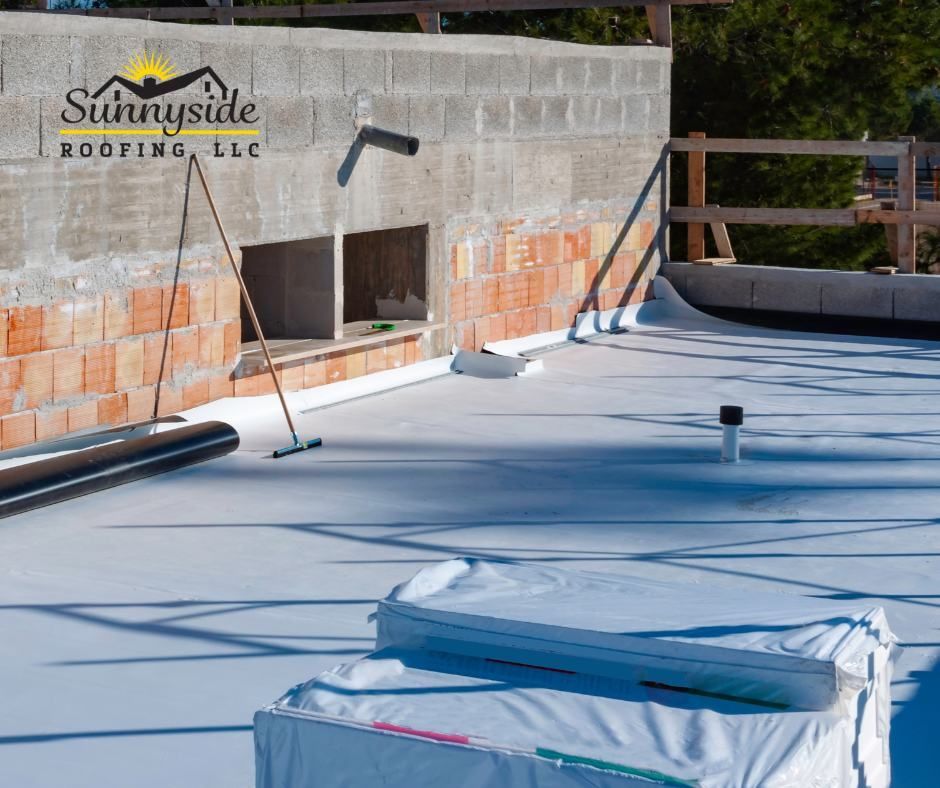
Creating a Commercial Roof Inspection Plan
A commercial roof inspection plan is a vital component of a building’s maintenance program, designed to identify potential issues before they escalate into major problems. A comprehensive roof inspection plan should include regular assessments of the roof surfaces, drains, and downspouts, as well as maintenance of the overall roof system.
The frequency of roof inspections depends on several factors, including the type of roof surface, the age of the roof, the geographic location, and prevailing weather conditions. By adhering to a well-structured inspection plan, businesses can prevent costly emergency repairs, reduce maintenance costs, and prolong the life of their roof.
A qualified commercial roofing contractor can assist in creating a customized roof inspection plan tailored to the specific needs of the building. This proactive approach ensures that potential issues are addressed promptly, maintaining the roof’s integrity and performance over time.
Common Issues
Commercial roofs are susceptible to a range of common issues, with standing water being one of the most prevalent. Standing water can lead to leaks, water damage, and even structural problems if not addressed promptly. Other common issues include cracks, holes, and gaps in the roof surface, as well as damaged or missing flashing and gutters.
Regular roof inspections are crucial in identifying these issues before they become major problems, thereby reducing the need for costly repairs. A commercial roofing contractor can provide expert repair and maintenance services to address these issues and prevent future problems. In Pennsylvania, commercial roofing contractors must be licensed and insured, ensuring that building owners receive high-quality workmanship and protection.
Commercial Roofing Materials
Metal roofing is a popular choice for commercial buildings due to its durability, energy efficiency, and low maintenance requirements. It offers a long lifespan and can withstand harsh weather conditions, making it a reliable option for many businesses.
Asphalt roofing is another common option, known for its cost-effectiveness and versatility. It provides a durable and flexible solution for commercial roofs, accommodating various design and structural needs.
Single-ply membranes, such as EPDM and TPO, are widely used in commercial roofing applications. These materials provide a flexible and waterproof barrier, ensuring the roof remains protected from the elements.
Coatings can be applied to existing roofs to extend their life and improve their performance, reducing the need for costly replacements. A commercial roofing contractor can help building owners choose the best roofing material for their specific needs and budget, ensuring optimal performance and longevity.
Safety Precautions
Safety is a top priority in commercial roofing, with workers facing hazards such as falls, electrical shocks, and equipment accidents. Commercial roofing contractors must take necessary safety precautions, including providing proper training and equipment for employees.
Regular safety inspections and risk assessments can help identify potential hazards and prevent accidents. Building owners and managers should also be aware of the unique challenges and safety concerns associated with commercial roofing projects.
By prioritizing safety and working with a qualified commercial roofing contractor, building owners can ensure a successful and incident-free project. This commitment to safety not only protects workers but also ensures the quality and integrity of the roofing job.
Choosing the Right Inspector
For an inspection to be genuinely beneficial, you need a seasoned professional at the helm. When seeking an inspector:
- Ensure they possess extensive roofing experience and expertise, specifically in commercial roofing.
- Check reviews and ask for references to gauge their track record with other commercial stakeholders.
- Confirm they hold relevant licenses and insurance. This not only guarantees quality but also ensures you’re indemnified against potential mishaps.
Conclusion
Commercial roof inspections are a useful step for the prolonged efficacy, safety, and financial viability of your property. By proactively identifying and addressing issues, ensuring methodical maintenance, and optimizing the structural and functional integrity of your roof, you will pave the way for significant financial savings. To schedule a free roof inspection, click here or call us on the phone at (717) 825-7751. We provide commercial roofing all across Pennsylvania and are based in Lancaster.
